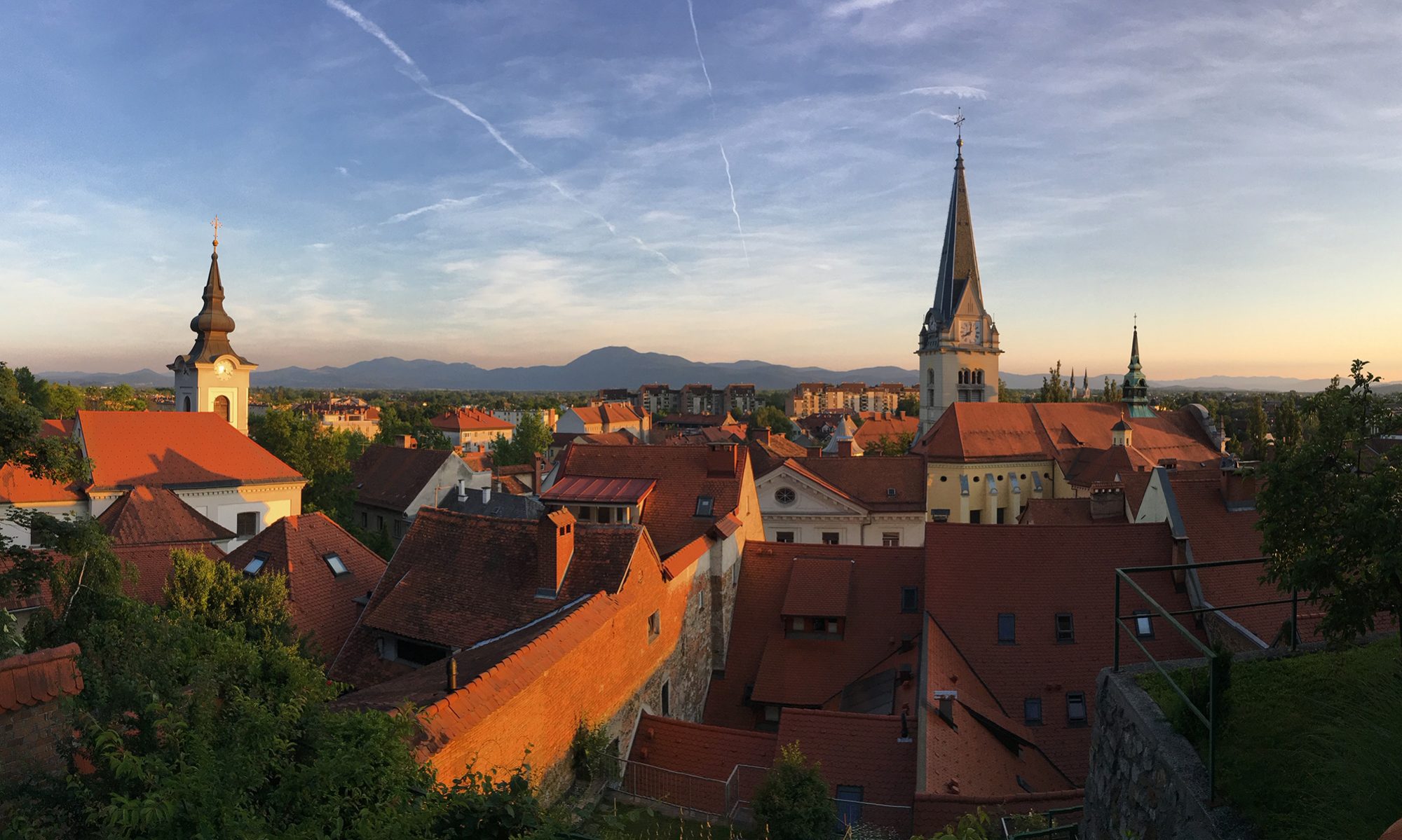
Located on the boundary between Western and Eastern Europe, Slovenia, Croatia, and Bosnia and Herzegovina seem always to be at the crossroads of significant historical events and situations—from the border between Habsburg and Ottoman empires and the divide between Roman and Orthodox Christianity to world wars and the Cold War to the more recent immigration from the Middle East. But things have changed, and these relatively new nation-states are striving to forge their own internationally recognized identities separate from the history that has defined them for centuries. Slovenia, the first of the former republics of Yugoslavia to join the European Union, was the first former communist country to hold the presidency of the EU in 2008.
Our main area of focus is Slovenia, and while history is important there, it is largely the literature and language that unify the two million Slovenes. Boulevards and statues in the capital, Ljubljana, and most other towns are named for writers, not generals or presidents–though for decades Tito boulevards dominated. Likewise, Croatia’s capital, Zagreb, honors a collection of its writers with statues all around the city; and we’ll be in town in time for the start of the Festival of the European Short Story. We’ll spend almost three weeks in Slovenia, just over a week in Croatia, and one night in Mostar, Bosnia-Herzegovina.
This abroad focuses on the written stories and reflections of a people who have spent all but their last 28 years under the rule of the Roman Empire, Napoleon, the Austro-Hungarian Empire, and the short-lived communist country of Yugoslavia. Slovenia and Croatia both seceded from Yugoslavia and declared independence in 1991, though each experienced significantly different separations. We will learn about the people and their cultural history through modern and contemporary literature. Through short stories, essays, and novels—as well as conversations and visits to sites significant to Slovene and Croatian literature—students will explore the literary and cultural path of these peoples from the time of their arrival in the Balkans to present day.
COURSES
Spring Semester 2019
SPST 280: Orientation: Slovenia, Croatia, Bosnia
SH: 1 Attribute: NONE
Preparing students with cultural context and global citizenship modules; learning brief histories and cultural backgrounds of
Summer Break 2019
WLIT 131: Stories Around the Globe
SH: 3 Attribute: GEH
Students gain insight into different cultures as well as their own through careful reading and discussion of stories from different countries. Students explore the relationship between literature and culture in class discussions and writing. Literature studied will come from Slovenia, Croatia, and Bosnia.
SPST 285: Country Studies: Slovenia
SH: 1 Attribute: NONE
Cultural and historical sites studied and visited; formal language instruction. Croatia and Bosnia-Herzegovina will be explored as well.
Fall Semester 2019
SPST 281: Reentry Seminar: Slovenia
SH: 1 Attribute: none
Taught on campus fall semester, 2019, this required reentry seminar is an opportunity for students to internalize, integrate, and formulate the personal and academic learning gained from their study in Slovenia, Croatia, and Bosnia. Through reflection, writing assignments, and the creation of a documentary presentation for the college community, students will interpret and articulate their growth and experiences.
